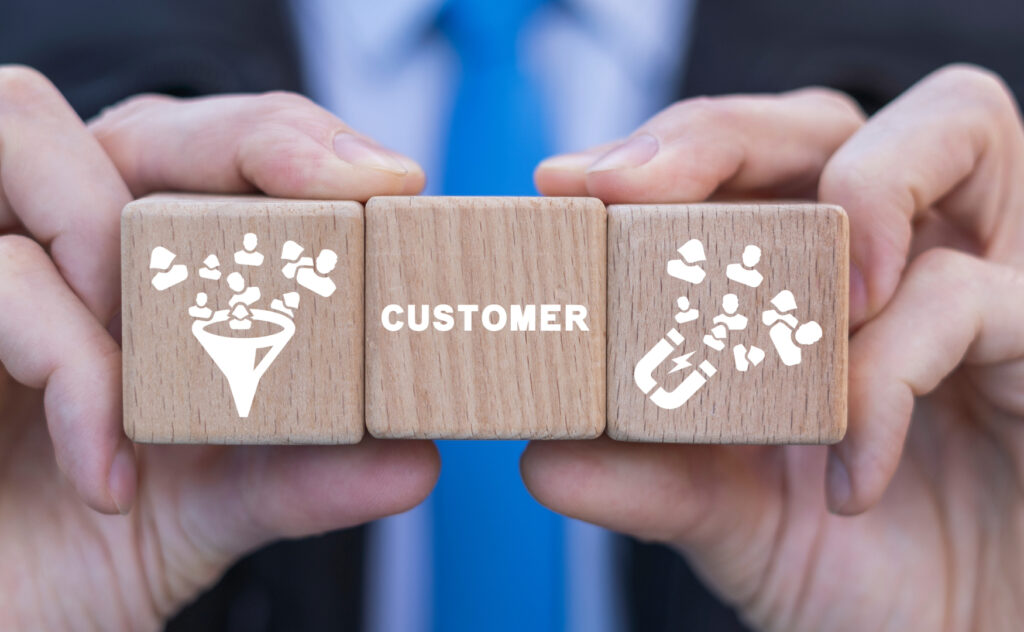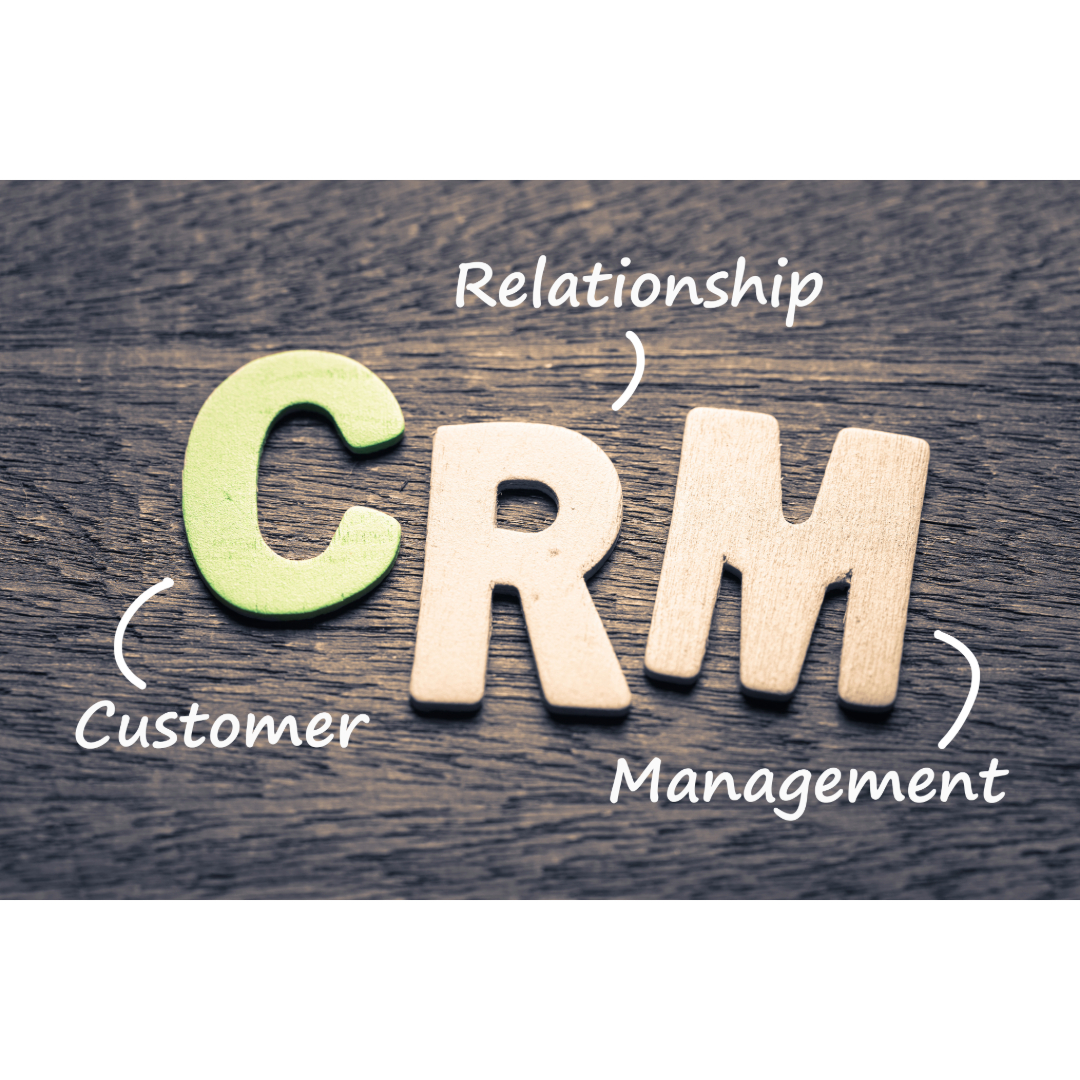1. Introduction to the Necessity of CRM in Business
In the bustling marketplace where competition is stiff and consumer demands are ever-evolving, businesses must stay ahead of the curve. Staying connected with customers and streamlining internal processes has become a backbone for success – and here’s where the critical role of Customer Relationship Management (CRM) systems comes into play. No longer just a database of customer interactions, CRM has transformed into a sophisticated tool capable of propelling profits sky-high.
2. Understanding CRM and Its Impact on Revenue Growth
Customer Relationship Management systems are more than just digital Rolodexes; they’re intricate ecosystems designed to capture and analyse every aspect of customer engagement. By leveraging data, these systems help predict customer behaviour, tailor marketing efforts, and enhance service delivery. Couple this with their ability to automate routine tasks, and it becomes clear why embracing Customer Relationship Management can be the turning point for revenue generation.
Personalised Marketing Campaigns: CRM tracks individual preferences and purchasing history, paving the way for campaigns that hit the mark, thus increasing conversion rates.
- Enhanced Customer Service: With instant access to customer information, employees can provide superb service, turning happy customers into repeat business.
- Streamlined Internal Processes: Automating tasks like data entry eradicates manual errors, freeing up staff to focus on more profit-generating activities.
3. The Engine Powering Customer Loyalty and Retention

The adage goes, “It’s cheaper to keep an existing customer than to find a new one.” CRM systems are at the forefront of making this a reality. They enable businesses to maintain a holistic view of customer interactions, ensuring that no opportunity to delight or retain a customer slips through the cracks. A CRM system helps create a bond with the customer that is difficult for competitors to break, thereby securing a loyal customer base that repeatedly contributes to the bottom line.
4. Data-Driven Decisions: How Customer Relationship Management Shapes Business Strategy
Gone are the days of gut-instinct decisions. In today’s data-centric world, Customer Relationship Management provides invaluable insights that drive strategic decision-making. Understanding trends, forecasting sales, and identifying opportunities are all within arm’s reach, thanks to the wealth of data stored within CRM systems. These insights empower businesses to make informed choices that minimise risks, maximise efficiency, and ultimately, boost profitability.
5. Getting Ahead of the Curve with CRM Integration

For those who think ahead, CRM offers even more. It seamlessly integrates with various tools and platforms, from email marketing to accounting software, creating a centralised hub for all business operations. This integration not only improves efficiency but also provides a unified experience for customers, fostering trust and enhancing brand reputation – both of which are pivotal in achieving long-term profit enhancement.
6. Conclusion: Customer Relationship Management as an Unavoidable Asset for Profit Elevation
Incorporating a robust Customer Relationship Management system is not just a wise move—it’s an essential strategy for any business aiming to elevate its profits. From optimising marketing strategies and improving customer service to making savvy data-driven decisions, the benefits of CRM penetrate every layer of a business operation. The result? A streamlined, efficient, and highly adaptive organisation poised for uninterrupted growth and profitability.
Frequently Asked Questions
- Can Customer Relationship Management systems be tailored for small businesses?
- Absolutely! CRM systems are scalable and come with different features that cater to varied business sizes, including small enterprises looking to expand their reach.
- Is it challenging to switch to a CRM if you’re using traditional methods?
- Transitioning to a CRM system requires careful planning but isn’t necessarily difficult. Providers often offer training and support to ensure a smooth changeover from traditional methods.
- How quickly can a business expect to see results after implementing a CRM?
- While it varies, many businesses start seeing improvements in customer engagement and operational efficiency within a few months of Customer Relationship Management implementation.


